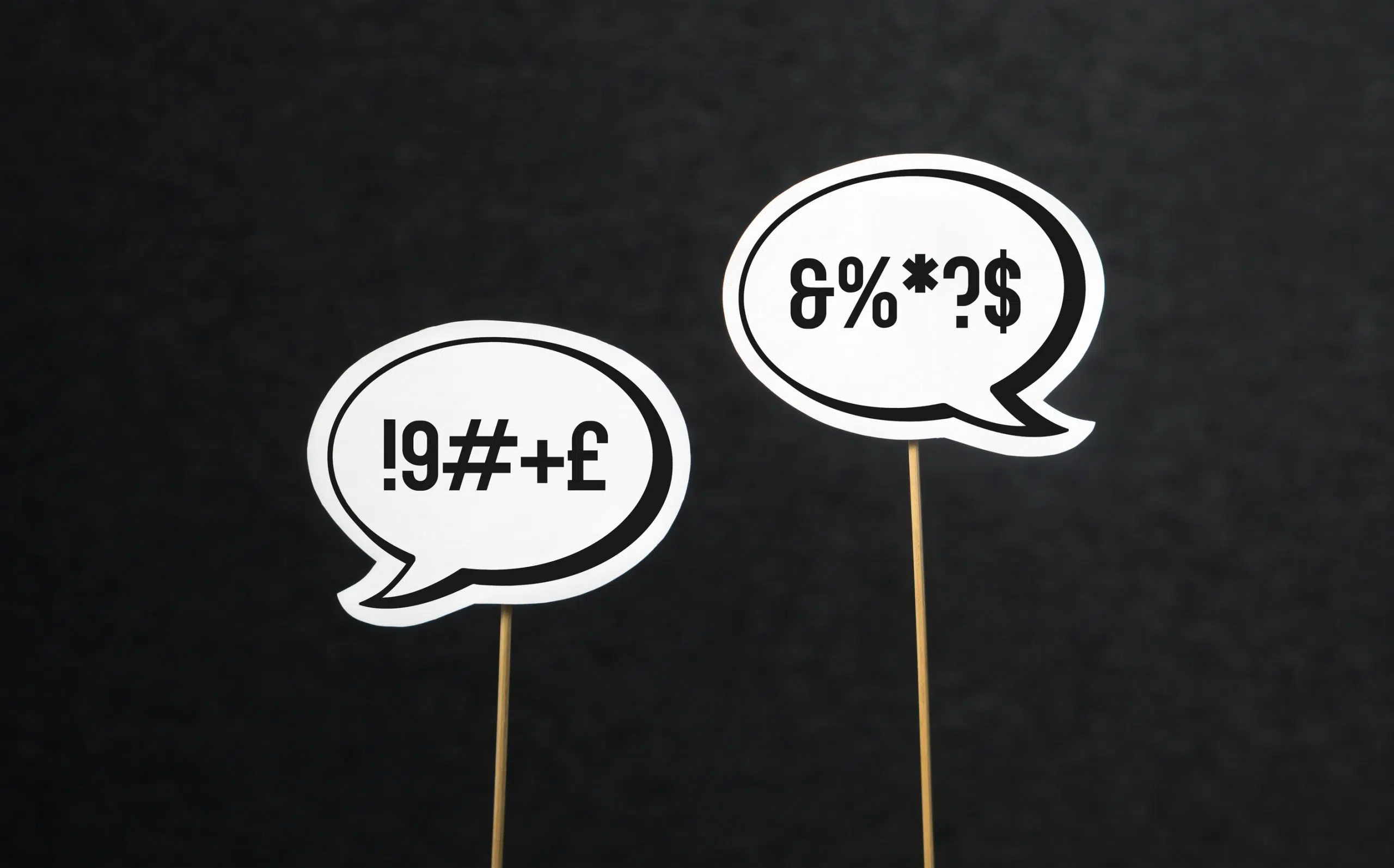
GINTA: There should still be grace and decency in the public political discourse
SATURDAY MORNING STARTED with a good amount of sunshine and blue skies. I hiked and took in the fresh air and the beautiful landscape, and spent some time remembering Cindy Ross Friedman, whom I got to meet for coffee and chats many times after moving to Kamloops and whose celebration of life service I was to attend later in the day. Gone too soon, she had a spark like no other.
Then I had to ruin some of all of that by perusing the news. Don’t get me wrong; I like keeping informed. Some days, though, the news can really get one down. One of today’s troublesome headlines was about the attack on social media on local radio host Brett Mineer after he called out the racism and other unacceptable behaviour displayed during the visit to Kamloops of Prime Minister Trudeau by some affiliated with a group called Yellow Vests Canada.
There are, to be sure, opposing views to many of today’s issues. There are no easy solutions that will please everyone and emotional responses can get the best of us. An impasse of any kind can become an opportunity for renewed dialogue. Instead, the above-mentioned turned it toxic.
Hatred-fueled threats are scary and unsettling, and the screen interface only adds to the severity of the problem. For some, it is much easier to write down hateful messages than it would be to say them in person. Social media can be both a blessing and a curse as far as social issues are concerned. It is unfortunately way too easy to incite hate in a mob; it spreads like wildfire and it damages just as much or more.


